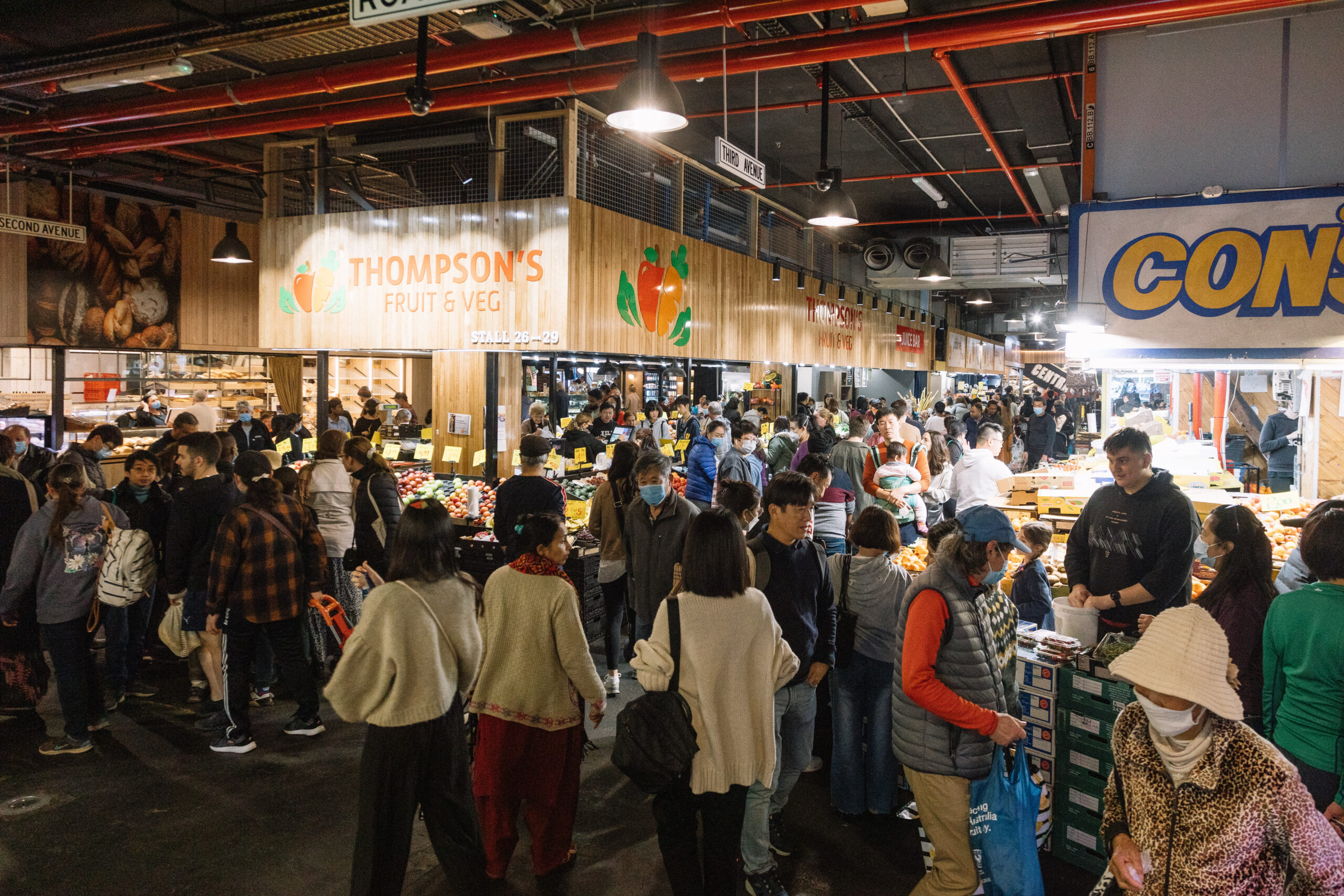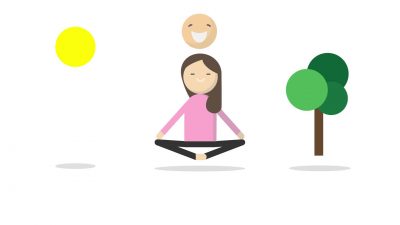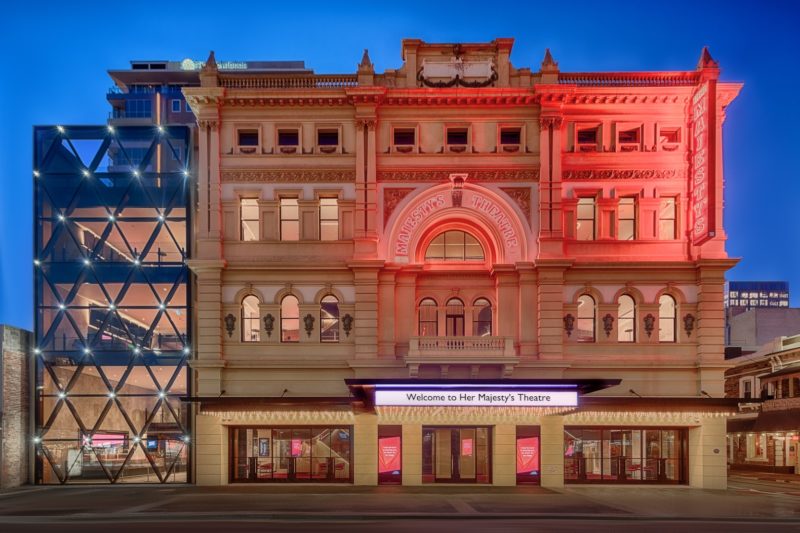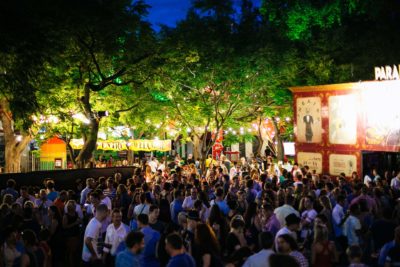How to grow a business in SA
(I finished writing this post our end of year lunch today. It has been a HUGE year, and I traditionally feel quite shell-shocked reaching the finishing line, and it is nice to sit back in rare silence and reflect back on the year that was. Yesterday’s meandering team lunch, wine bar, then gin bar drinks were wonderful, much laughter, such a nice bunch of humans. The measure of a successful year.)
This year is the 18th year of Square Holes, a time to reflect on our progress, and to revisit our business journey. Even with the best intentions at the start, the narrative is formed moving forward, so it nice to look back and articulate ‘who we are.’ One thing I have learnt at the helm of Square Holes is that growth is far from an easy task, particularly in a small market like South Australia. The narrative is different.
There is a level of patience and resilience required to survive and hopefully prosper. Progress can be slower than hoped, the timing needs to be right, but eventually progress is made. Curve balls and uncertainty can feel like failing, yet is actually progress.
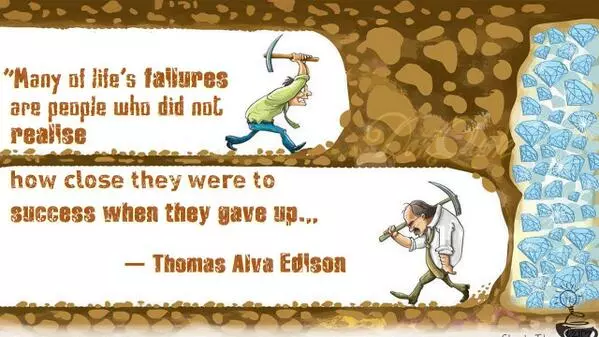
It takes strategic thinking, local support and resilience to combat the constant uncertainty and chaos of running a business. We have tried from the start to be clear about who we are, and it has been wonderful in 2022 to refine our narrative – who are we, what sets us apart and where are we heading?
Rebranding a Market Research Agency | Jeremy DV Boyd
We are so pleased with the local brand design and development team behind our rebrand.
Recently, I’ve had a few congratulatory conversations from surviving so many years, and even asking to know my exit strategy. While there is a level of pride in what we have achieved and there is always a plan, such praise can be unsettling. Survival is not typically why someone creates a business, yet perhaps ultimately not dying is some form of success.
Looking back at the year that was, I can proudly say that 2022 has been abundant with successes:
- Our strongest financial year to date was 2021 / 22 (then an economic correction)
- Nature of the research opportunities is ever evolving, locally, interstate and overseas
- New team members joining, and the quality of candidates we are enticing is growing
- ‘A confident new brand’ and bold global growth plans announced
- Personally I was awarded as 2022 Fellow of the Australian Research Society for my significant contribution to the profession over a sustained period
The reality of running a business is that it is far from effortless and magic. Signs of progress are nice.
We love our home base in South Australia, but lately I’ve been reflecting on our successes, as well as the pros and cons of being based in the small, albeit wonderful, city of Adelaide. As a State with 1.8 Million people on a total area of 984,321 square kilometres, South Australia is 157% the size of France with 3% of the population. 1.4 Million (78%) of SA’s population in the capital city of Adelaide.
This creates a unique and complex culture and economy.
There are many benefits of a small population, including ease of networking and lifestyle benefits, yet economic realities can make creating and growing a business potentially more challenging.
This likely at least partly explains why South Australia has a larger proportion of non-employing businesses (i.e. sole operators) and smaller proportion of businesses employing one to 19 staff than other states and territories in Australia. Australia is a small business economy, and South Australia has a larger proportion of smaller businesses and non-employing businesses. Does the local economy demotivate growth, through a comfortable / complacent lifestyle and/or economic confidence?
(More in info / analysis in this InDaily piece quoting Square Holes analysis in 2020)
Growing South Australia’s population and jobs are key priorities, and there has been much work and success in creating an environment to start and grow businesses. Lot 14, the Tonsley precinct, SouthStart, SA Government and growth plan are all contributing.
Each State Election a lead platform (with the health system) is ‘jobs for South Australians.’ Employment is complex in smaller cities, and it is good to see economic progress in South Australia, recording the well above the national economic growth rate, yet clearly measures of employment weakness remain.
It is pleasing to see South Australia recording stronger economic growth recently, well above the national average, and only behind Victoria in Gross State Product.
South Australia has a small trade surplus (exports minus imports, of $1.7B) thanks to healthy exports of products and services such as wheat, copper, education and alcoholic beverages (primarily wine) to markets such as China the US and India (More >). Yet it is important to note that our local economy is only a small slice of the overall Australian economy (i.e. around 5.6% of GDP).
While growing slightly more than other states of Australia, South Australia is comparatively vulnerable.
When I first moved back to South Australia around 25 years ago one of the first research projects I was involved in was to evict the tag line ‘SA Going all the Way!’ There was something of a desperation in the message that South Australia would do practically anything to attract investment and visitors to the State. I can recall focus groups where participants talked as if they were trapped in South Australia, at least we were a good place to raise children, even if the economy was a bit dubious in the late 1990’s.
This was approaching a decade since South Australia’s infamous State Bank disaster in 1991, one of the biggest economic disasters in the State’s history. As a government-owned bank, deposits were guaranteed by the Government of South Australia. The State Bank disaster was given as a reason for privatisation of the Electricity Trust of South Australia.

As a young person, no-children, moving back to South Australia I wasn’t at all pulled to “the a nice place to raise children” proposition, in many ways it was off-putting. I loved, and continue to love, the lifestyle aspects of South Australia, and could see even the potential of South Australia to be a globally focused city and economy.
I have since worked on many research projects helping to support the positioning of South Australia locally, interstate and overseas, including initiatives such as SA Make the Move, Brand South Australia, I Choose SA and more recent ‘A New State of Mind’ campaign working to entice bright young minds to move to South Australia and set up their home, career and businesses.
From my research over more than two decades, South Australia’s mind and mood, is making measurable progress, the image elsewhere has evolved significantly, and our local state of mind is improving. Further to is, the pandemic years have created many shifts in how people wish to live and work, and South Australia is well positioned to balance wonderful local lifestyle as a hub for and globally focused businesses. South Australia’s geographic isolation, and small population is less of an encumbrance and ever before. Success in managing COVID made many South Australians feel proud.
The ‘A New State of Mind’ campaign (created by Fuller) targets young people in core target markets (e.g. Melbourne, Sydney and Brisbane) to consider visiting, moving to and growing a career / business from South Australia. Square Holes conducted concept testing earlier this year and is conducting on-going monitoring of the image of South Australia, intentions and other key metrics within the target audience interstate and locally. We love the campaign and are enjoying watching the measurable shifts as a consequence. Well done all involved, and it is great to see the evolving narrative.
I feel that South Australia has never before seen such progress, and in many ways, we are at the start of an exciting new era. With evolution and growth of both the economic and cultural base, growth in urban and cultural development, the arts and creative sector and other critical pillars of a vibrant population where freedom to live anywhere and connect with the world is easier than ever.
Square Holes conducted a large amount of research supporting the redevelopment of Adelaide Oval and the wider riverbank precinct, for more than a decade, and such ongoing investment in South Australia has played a critical role in shifting South Australia’s state of mind, towards a more progressive mindset, beyond a traditionally conservative thinking. Yet, economic weaknesses remain.
A critical way to address the economic weaknesses in small economies is the creation of ‘buy local campaigns.’ Typically, such campaigns are more prominent in smaller economies, such as South Australia and Tasmania, as the heightened vulnerability of local businesses is recognised.
Initiatives such as I Choose SA were developed to help retain retain sales, profit and hopefully employment growth locally. A few years ago I was quoted in an article about the #ichoosesa about research we conducted on the importance of buying local …
“Failure of locals to support local businesses is a global economic issue, and the size of SA requires local support to be culturally and economically prosperous.”
iChooseSA: Join the campaign where you put SA jobs, hope and prosperity first
In recent years, many other initiatives, including on-line stores and marketing campaigns, have emerged in South Australia to make it easier to ‘buy local.’ The reality is that most consumers do not skew purchases to local, the large global brands are more well known, easy to purchase and even trusted so attract most sales. Buy local is often not ingrained in consumer behaviour as the default.
And, in many ways the local market is simply not big enough to provide sufficient market growth opportunity for small businesses to grow. Square Holes has developed many strong on-going relationships with South Australia’s iconic brands, who have generally prospered from growth beyond local markets into interstate and overseas. Yet, likely they wouldn’t have grown to a critical mass initially without local buyer support.
Haigh’s, Coopers, San Remo and other icons likely started with local customers, then expanded.
Square Holes is grateful for the support from local brands and government over the past couple decades. Without such a supportive local client base we likely would not have survived, grown, employed local graduates and other team members and invested back into the community, including our work with the arts and not-for-profit sectors. We have worked hard to offer a high quality and friendly service, and are very grateful for the support and proud of of contribution. Our research has worked with locally and globally focused clients, and pleased with the relationships grown and contribution to government policy, business growth, and many aspects of the South Australia.
A concerning trend I have noticed in recent years is too many leaders in local iconic brands, government and other organisations skewed to ‘not’ supporting local. A few procurement decision we have been involved in and feedback from colleagues in similar sectors such advertising, creative industry and wider professional services illustrate intent to ignore the local talent pool, and iconic brands now choosing to go interstate. Or, government departments unnecessarily exporting service usage to interstate or overseas owned groups, often without proper process and transparency. Leaders seeking local support, yet ignoring local talent. Such importing of professional services weakens and shrinks such local businesses. It is hard to grow when key work is unnecessarily bypassing local products and services.
South Australian leaders can be somewhat hypocritical, or ignorant, seeking local support, yet bypassing local products and services and sending revenue and profitability interstate and overseas. Thereby contributing to destabilising the local economy than building local businesses and a growing future economy and jobs. It can be easy to be skeptical when hearing ‘buy local’ but see the opposite.
Global brands, be they consumer products or professional services, are ever seeking new markets to grow, and are often willing to invest and burn cash to grow market share. Local businesses can be unable to compete with such polished and aggressive Goliaths, spreading themselves globally and extracting market value and optimising shareholder return. While it has never been easier to go global from anywhere in the world, local businesses can struggle to grow with shrinking revenue streams, smaller cash reserves and slick global competition. Smaller businesses can be at a disadvantage.
The question to me is how can South Australia continue to prosper and grow?
Way back in 2016 I wrote the below piece for SA Life, discussing my perspective on how South Australia may find value from supporting local businesses, embracing the lifestyle and thinking globally. Small populations and economies like South Australia do not have the organic robustness of large economies, so do require care to nurture local entrepreneurs.
Critical in small populations surviving and flourishing is having an embracing of the complexity and uniqueness of such economies, beyond big cities and brand Goliaths.
I really like Brand Tasmania’s acceptance of weakness as a strength …
“Tasmania wasn’t always known for extraordinary products and experiences. Our isolation, and the forces of globalisation, meant we had to reinvent our economy at the end of the twentieth century. To do it, we drew on our culture of invention and enterprise. To compete, we had to work harder. We focused on better, not more. We chose to protect our environment, to ensure everything we grow and make here is different.”
Similarly, South Australia also has perceived weaknesses that could be twisted to be a strength (e.g. a perception of ‘boring’ is debunked as quirky and creative). And, small businesses seeking to grow may be able to find their weakness twisted as a positive in order to grow locally and beyond.
- A smaller population and economy, becomes easier networking and less busy
- South Australia’s pristine climate and aquaculture / agriculture makes better products
- Local businesses are more able to support customers
- Local professional services are more agile, not accountable to shareholders and overseas directors, and more community focused and keen to reinvest profits into local economy
As an easy city of arts, churches, innovation, hills and beaches, well planned urban design and quirky facts inform a distinctive personality of Adelaide and South Australia to celebrate rather than hide.
Personally I feel it is important to keep ourselves and our local iconic brands, government and organisations accountable. While buy local may not always be best, it should be the default particularly when it is not possible to justify otherwise. Local businesses will increasingly struggle to grow if leaders fail to nurture a flourishing local economy of products and services. When large commercial and government spends are sent interstate and overseas unnecessarily it just seems a bit sad.
In many ways South Australia has shaped the business Square Holes is 18 years later, and we are so grateful for the support. We have refined our service and narrative to optimise our chance of success locally, interstate and beyond.
How South Australia articulates its point of difference, uniqueness and ‘who we are’ is critical. We have many strengths, cultural, economic and otherwise, yet understanding our vulnerabilities is key. And, wherever possible please choose South Australian products and services.
